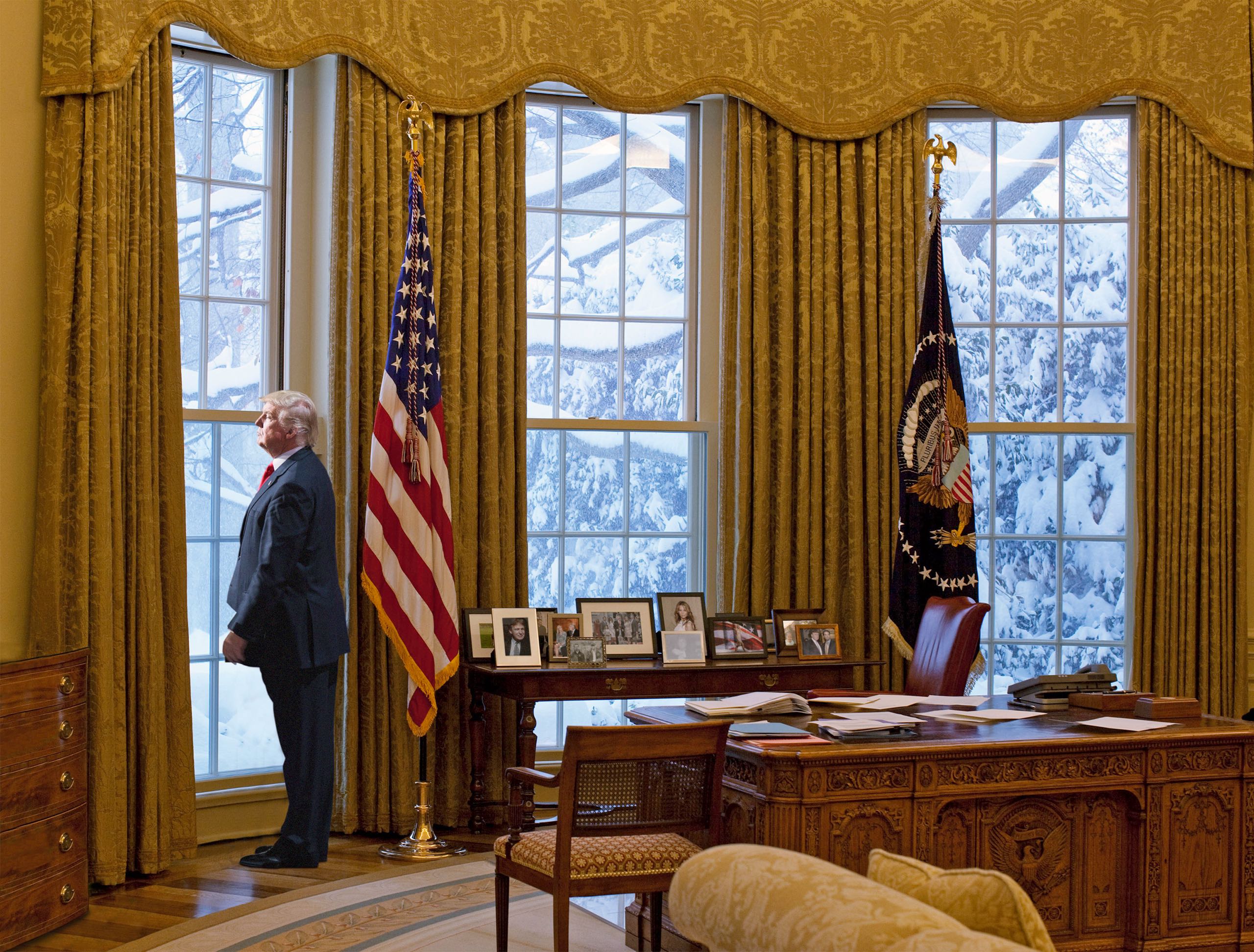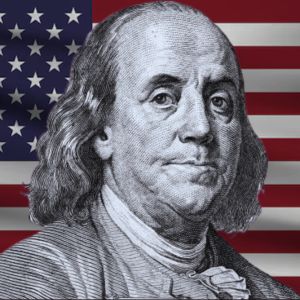President-elect Donald Trump is nothing short of ambitious. He carries his policies on tariffs, tax reforms, and labor policies like a Catholic priest with a bible. Some economists warn these policies could drive inflation up, but we all know the “45th and 47th” is never one to shy away from a challenge.
Quoting the words of the late Former US Senator Dianne Emiel Feinstein, “Ninety percent of leadership is the ability to communicate something people want.”
Trump won the US presidential elections on every front, electoral college, and popular votes. He’s simply speaking a language everyone wants to hear, even if they don’t understand it.
The incoming POTUS has less than two weeks to assume office, and as far as we can see, Trump has been ready since Biden won the race in 2020. But will he keep his promises? If not all, then he will find a way to execute a majority of them.
Will promises collide with political realities?
On Election Night, Trump declared his victory a “powerful mandate,” with media outlets echoing his claims of a landslide win, and indeed it was. Since his presidential campaign days, the soon-to-be president’s policy remarks have been true to his nature, unpredictable. That’s probably why political analysts are more of the opinion they will fail.
According to a BBC report, Trump pledged to execute the largest mass deportation of undocumented migrants in US history. He also vowed to complete the border wall with Mexico.
Border crossings reportedly surged under the Biden administration, so experts believe that mass deportations will ignite immense logistical and legal challenges.
The Migration Policy Institute’s Andrew Selee believes the president-elect will commence his plan by canceling humanitarian parole programs and revising Immigration and Customs Enforcement deportation (ICE) guidelines.
“The first thing we know he will almost certainly do is cancel humanitarian parole for people that received it, people who came through CBP One, this app that people use to schedule an appointment to come across the border,” Selee said.
Such moves, per the opinion of some policymakers, could strain industries reliant on immigrant labor. A reduction in immigrant workers has a high risk of slowing economic growth and complicating Trump’s broader economic goals.
That said, Trump could be looking to increase job opportunities for the American people after sending away non-citizens with no documentation.
The question of tariffs: Good or evil?
Trump is proposing a 10% tariff on most foreign goods, with additional levies on imports from China potentially reaching 60%. Supporters insist tariffs will boost domestic manufacturing and reduce the trade deficit. On the flipside, critics warn they could raise consumer prices and trigger retaliatory measures from trading partners.
Higher tariffs could generate substantial revenue and reduce the federal deficit. However, they also risk job losses in industries dependent on affordable imports. The steel industry, for example, could benefit from tariffs, but downstream sectors like construction and automotive might incur higher operational costs.
All the chatter from Trump’s presidential camp pinpoints China as the primary target of Trump’s trade policies. His team have constantly hauled accusations of intellectual property theft, industrial subsidies, and dumping excess production.
The president-elect doesn’t seem like he wants to mend his relationship with China, but imposing tariffs complicates the geopolitical relationships even further. But politics is dynamic; there’s never going to be a point of no return.
Big promises on foreign policies
The 47th President of the United States has pledged to end the Russia-Ukraine war within 24 hours of taking office. Some naysayers laughed at the idea, reiterating that his lack of detail drowns the feasibility of such a promise.
Trump has also criticized Biden’s administration over US spending on Ukraine, and he has admitted that he will push for diplomacy over the country’s prolonged conflict with Russia.
The incoming Republican-led government has been trying to reach out to China in an effort to stop the Ukraine war. Trump has even invited President Xi Jinping to his inauguration. However, it’s highly unlikely the Chinese leader will come.
His mantra of putting “America first” seeks to disentangle the US from foreign conflicts. Will this strategy yield results? Well, your guess is as good as ours. International diplomacy often demands compromises, and Donald Trump is one man who never bows down.
Key appointments signal a positive policy direction
On his way to entering the office for the second time, Trump has made some noteworthy appointments that appear well aligned with his policy priorities. He selected Alex Wong as deputy national security advisor to look into East Asian affairs. Wong previously served as a deputy assistant Secretary of State and played the biggest role in North Korean negotiations.
Jamieson Greer, a protégé of trade hardliner Robert Lighthizer, was tapped as the US Trade Representative. Greer’s views on “strategic decoupling” from China suggest he will take an aggressive stance on international trade, to keep the US dollar at the front of line.
Further, Trump named former SEC Commissioner Paul Atkins to lead the agency once Gary Gensler steps down on January 20. The MAGA-nomics frontrunner wants to make America a Bitcoin capital, and he promised to send Gensler away if he won the Presidency. Atkins’ pro-crypto stance aligns with Trump’s outreach to the digital asset industry.
As Trump prepares to take office, the question remains: Can he keep his promises, or will external forces and political realities force him to compromise? Only the coming months will reveal if the soon-to-be POTUS is strong enough to deliver on his ambitious agenda.





